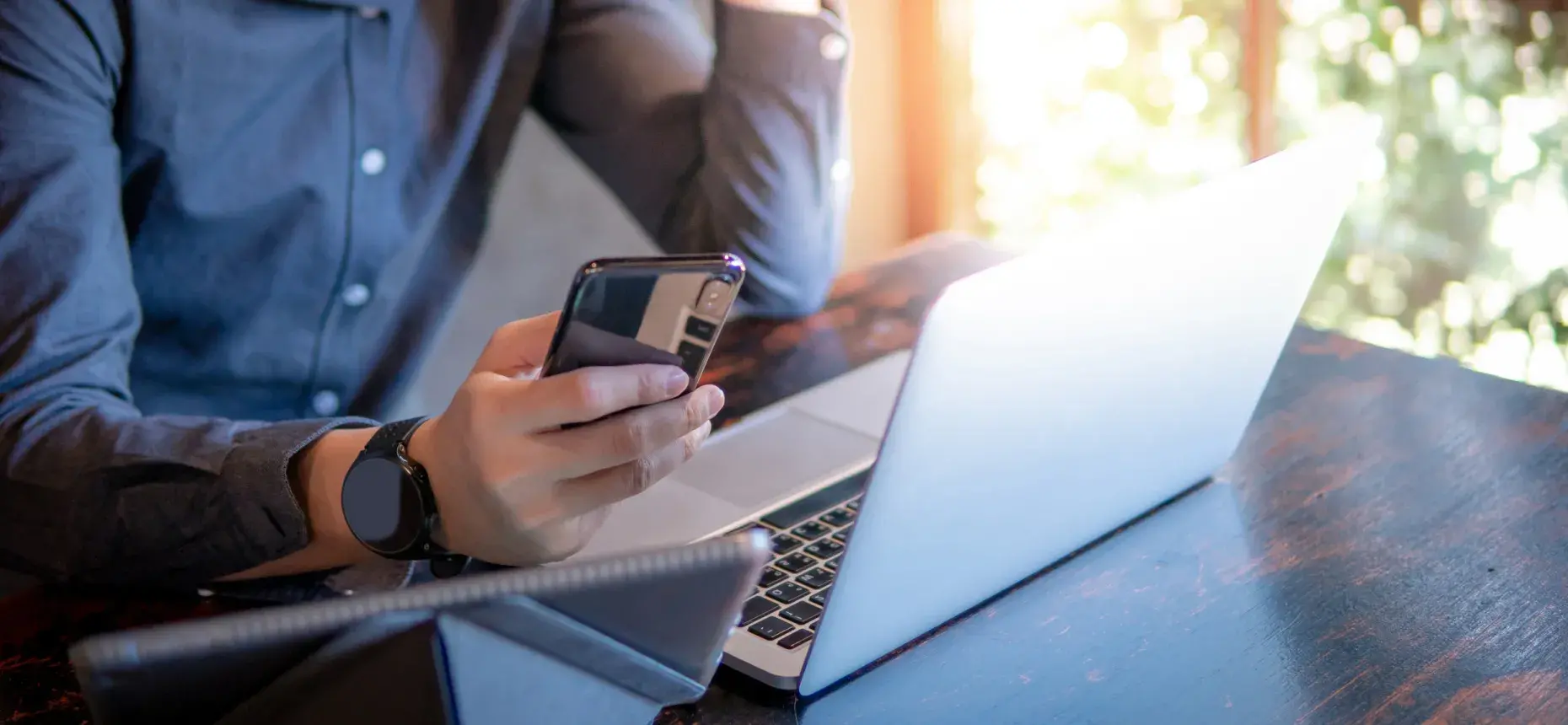ONS reports that 1.7 million of the 32.6 million UK workforce mainly WFH, and 8.7 million said that they have WFH in the past – but this still only accounts for less than a third of the UK working population. With the impact of self-isolation and social distancing, there has been a dramatic and almost instant switch from office to home-based work across the UK. There is a whole spectrum of experiences coming out of these transitions, with some organisations switching almost seamlessly into ‘business as usual’, while others struggle with hardware, connectivity and the fact that data is held in inaccessible files.
Once the dust has settled on the COVID-19 crisis, what will be the technology lessons learned? Firstly, to clarify, I’m by no means a technophile, neither do I have any expertise in the subject. My comments are the observations of a user not a techie.
Hardware
Those organisations that have been able to migrate to WFH most easily are those whose workforce has access to mobile, laptop computers. Organisations that have invested in desktops have found that they are literally tied to the office by cables! I’ve heard of some employees who have driven to their office and loaded towers, monitors, keyboards, etc. into their cars, but this is an exception – especially when most employees don’t have a separate office space at home and the desktop set-up takes up a lot of space in a one-bedroom flat!
One lesson learned might be that businesses will look to reduce reliance on desktops and invest in laptops – even for staff who are normally office based. Indeed, I can foresee a dramatic fall in future desktop sales as organisations make sure that they are more agile and resilient in future.
Co-operation
It is inevitable that some organisations won’t be able to switch from desktops to laptops across their business. In these cases we might see new initiatives where employers help employees buy personal laptops (interest-free loans, monthly payments via salary, etc.) on the provision that the device meets certain criteria (specifications, security, etc.) and could be used for business purposes in a similar emergency to COVID-19. There are obvious data security issues, but these can be surmounted given the right planning and access control.
The cloud
Organisations that have struggled with connectivity have been those whose main data storage is via physical servers. The cloud offers almost universal access, so as part of future planning there will be a growth in businesses looking at using cloud-based solutions.
Communications
Almost every working adult in the UK has a mobile phone, so communications when WFH should be easy. The issues revolve around obtaining/storing phone numbers for clients on personal phones and the cost to employees of using personal phones for business purposes.
There are already solutions available using Voice over Internet software providing access to the company’s contact directory and free calls to the employee. The issue is getting relevant apps onto the employees’ devices. Again, perhaps employers could encourage employees to purchase compatible devices through incentives so that in the event of another WFH event a simple app could be downloaded and almost instantly the personal phone becomes a work tool.
With any event that impacts so significantly on the economy and society as COVID-19 has, there will be significant and in some cases dramatic changes to the way we live and work in the future.






